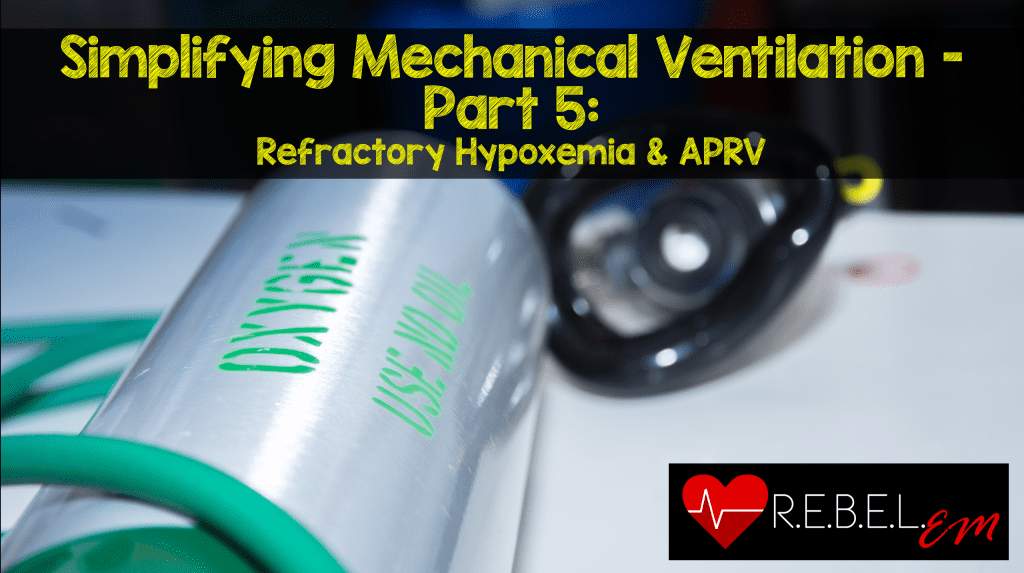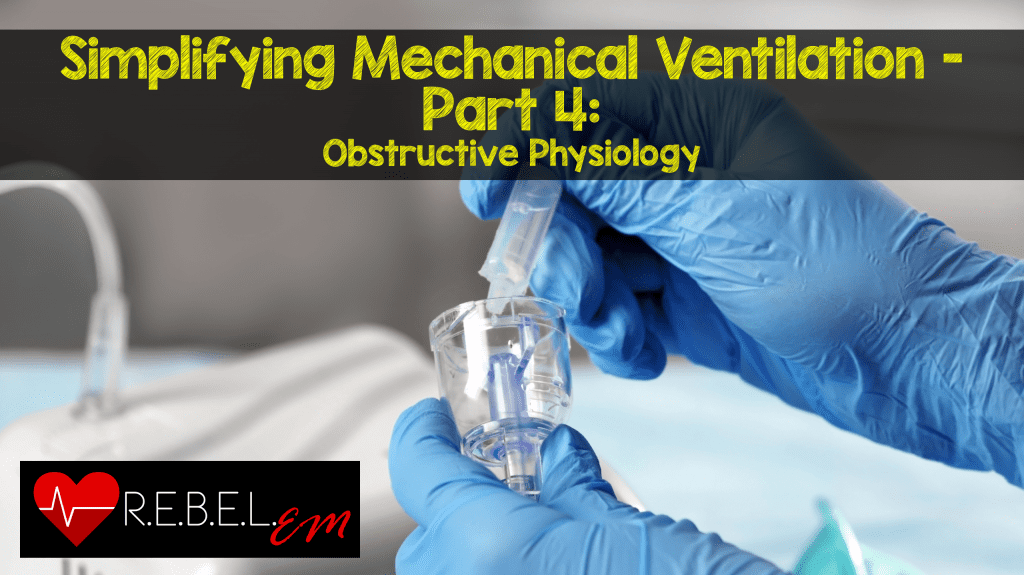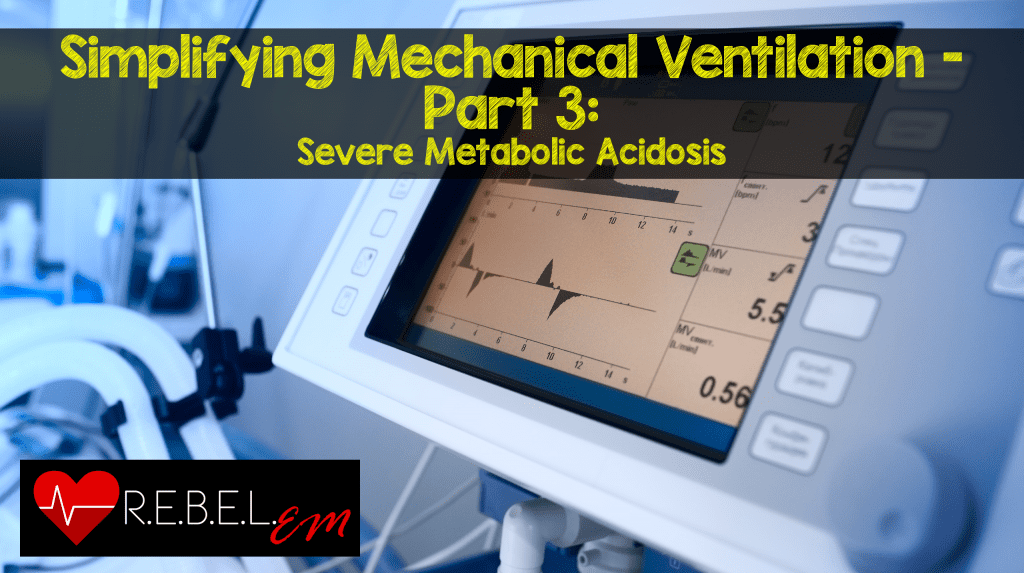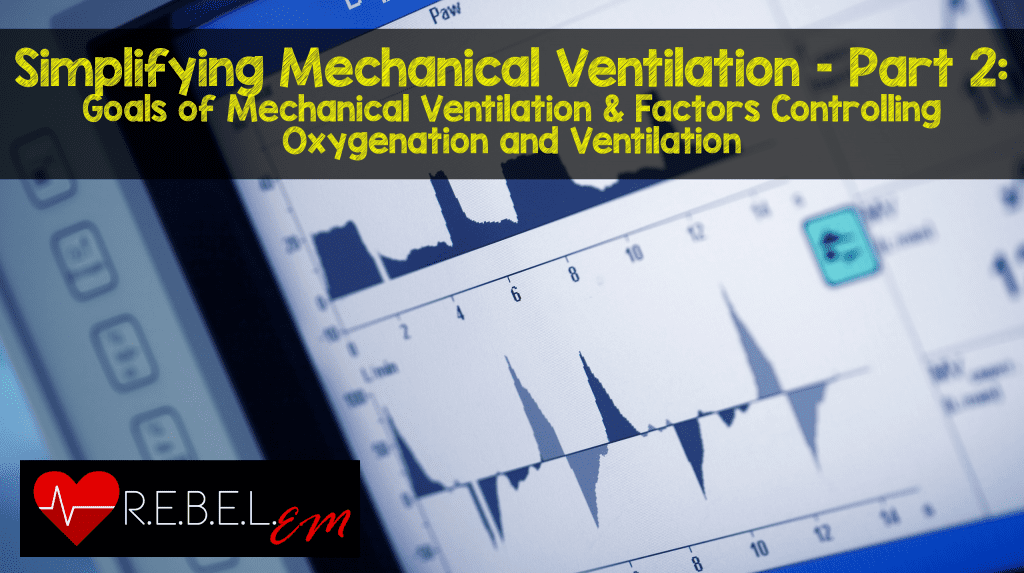Pediatric DKA: Do Fluids Really Matter?
Background: The most feared complication in the clinical course of children with diabetic ketoacidosis (DKA) is the development of cerebral edema. Cerebral edema is rare (<1%) but is the leading cause of death in pediatric DKA. Many of the details …








